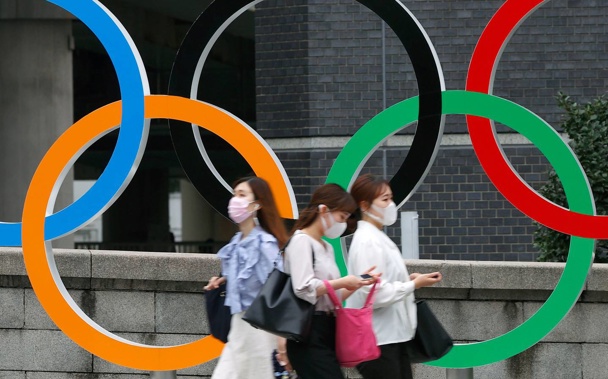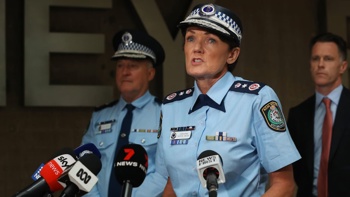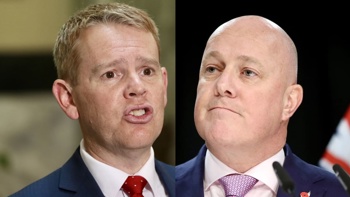
Tokyo continues to experience a surge in cases of Covid-19, as New Zealand's Olympic campaign gets under way in Japan.
The number of cases in the Olympic Village also continues on an upward trend with the latest figures reported by the BBC showing 75 people with virus.
However, the New Zealand Olympic Committee [NZOC] says it's focused on the safety of its athletes.
An NZOC spokesperson this morning said while the competition looked the same at Tokyo 2020, off the field "things are very different".
"We are in a bubble setup with no interaction with the Japanese public. Additionally, there is social distancing, daily Covid testing, temperature checks on entry to village and plexiglass partitions in the dining hall and gyms.
"We've been working with athletes and their sports to help them understand all the requirements and are very comfortable with how our teams are managing within this environment."
The Kiwi team was doing its bit and following all the prescribed precautions to ensure both the athletes and the Japanese public were safe.
The New Zealand men's football team are up tonight, taking on South Korea at 8pm.
Tomorrow it's a stacked card of events for Kiwi rowers, with five teams kicking off, beginning with the men's single sculls at 11.40am, followed by the women's single sculls in the early afternoon.
It finishes up with the women's quadruple sculls (Olivia Loe, Eve Macfarlane, Georgia Nugent-O'Leary and Ruby Tew) at 2.50pm.
Meanwhile, Tokyo prefecture recorded 1832 new cases yesterday, sending the number of active confirmed cases up to 11,398.
With the competition having already started - and the Football Ferns today going down to their Australian counterparts - the head of the Tokyo Olympics says he won't rule out cancelling the event if cases continue to spike.
The opening ceremony is set to happen on Friday night but Olympics head Toshiro Muto, said a public health expert had warned the bubble system at the Athletes Village was already "broken".
Asked at a news conference if he could still pull the pin on the global sporting showpiece, Muto said he would keep an eye on infection numbers and liaise with other organisers if necessary.
In Tokyo, experts have said the daily infection rate needs to fall below 100 in order to hold the Games safely, the BBC reported.
The number of cases was now 75, up from 71, it reported. However, the daily numbers were not at the level they were in May, when more than 7000 cases a day were recorded.
However, with cases peaking at 1832, it pushed the city's cases to a six-month high.
The city's health authorities reported a seven-day average of more than 1100 cases a day on both July 19 and 20.
Tokyo was now in its fourth state of emergency, which will last until August 22.
Fans remain banned from all venues in the Tokyo area, with limited audiences at a few outlying sites.
"What we have worried about is now actually happening," Japan Medical Association president Toshio Nakagawa said at a weekly news conference. "The surge in cases has been expected whether we have the Olympics or not, and we are afraid that there will be an explosive increase in cases regardless of the Olympics."
Cases among younger, unvaccinated people were also rising, while many of the serious cases are those in their 50s.
Japan's vaccinations began late and slowly, but the pace picked up dramatically in May for several weeks as the supply of imported jabs stabilised and Prime Minister Yoshihide Suga's government desperately pushed to accelerate the drive before the Olympics.
About 23 per cent of Japanese were fully vaccinated, still short of the levels believed to have any meaningful effect to reduce risks on the general population.
Japan has had about 84,800 infections and more than 15,000 deaths since the pandemic began, most of them since the latest wave in January.
Experts on Wednesday warned that Tokyo's infections would only worsen in coming weeks.
Dr Norio Ohmagari, the Tokyo metropolitan government's expert panel member, said that Tokyo's average daily cases could hit around 2600 in two weeks if they continue at the current pace.
The New Zealand Olympic Committee has been contacted for comment.
Take your Radio, Podcasts and Music with you









